VI. ABUSE OF FORCE AND SANCTIONS VIOLATES HUMAN RIGHTS IN OTHER COUNTRIES
The U.S. has always pursued hegemonism, unilateralism and interventionism. The country frequently uses force, resulting in a large number of civilian casualties. Its abusive use of unilateral sanctions has caused humanitarian crises, challenging justice with hegemony, trampling on righteousness with self-interest, and wantonly violating human rights in other countries. It has become the biggest obstacle and destroyer of the sound development of the international human rights cause.
The website of USA Today commented on Aug. 26, 2021 that the U.S. withdrawal from Afghanistan was a total disaster. Tragedies like the U.S. withdrawal from Afghanistan and Vietnam show that Washington has a history of ignoring basic humanitarianism for its own selfish ends.
In the chaos at Kabul airport, a U.S. C-17 transport plane forcibly took off regardless of the safety of Afghan civilians, with someone crushed to death in wheel well while the plane retracting landing gear, and others falling to their deaths from the air.
Even in the last minutes of the frantic evacuation, U.S. army's air strikes caused heavy civilian casualties. However, the U.S. Defense Department publicly said that no U.S. military personnel would be punished for the deaths of civilians in drone strikes.
The U.S. war on terror has killed millions of people. Since the 21st century, the United States has launched a series of global foreign military operations in the name of anti-terrorism, resulting in nearly one million deaths. The website of USA Today reported on Feb. 25, 2021 that the so-called anti-terrorism war launched by the United States in the past 20 years has claimed the lives of more than 929,000 people, according to the "costs of war" study by Watson Institute for International and Public Affairs of Brown University. The 20-year U.S. military operations in Afghanistan have killed 174,000 people, including more than 30,000 civilians, and injured more than 60,000 people. The New York Times reported on Dec. 18, 2021 that investigation found that more than 50,000 U.S. airstrikes in Iraq, Syria and Afghanistan were reckless and poorly targeted, killing tens of thousands of civilians. The military has been concealing the number of casualties, and the actual number of civilian deaths is much higher than the military's published figures. The most obvious case is the U.S. airstrike on the Syrian hamlet of Tokhar in 2016. The military claimed that about seven to 24 civilians "intermixed with the fighters" might have died, but the U.S. military actually attacked private houses and more than 120 innocent civilians were killed.
The ongoing war and instability have made nearly a third of the Afghan population refugees. A total of 3.5 million Afghans have been displaced by the conflict, and nearly 23 million face extreme hunger, including 3.2 million children under the age of five. When the United States withdrew its troops from Afghanistan, it immediately froze billions of dollars in foreign exchange reserves at the Afghan central Bank, causing the Afghan economy to be on the brink of collapse and making life worse for the people. According to an assessment by the UN Food and Agriculture Organization and the World Food Program which was released November 2021, only 5 percent of Afghans receive enough food on a daily basis. The New York Times reported that U.S. national defense contractors were the real winners in the "war on terror" and that the United States' 20 years in Afghanistan "really built not a country but more than 500 military bases and the personal wealth of those who supplied them." Only about 12 percent of the reconstruction aid the United States provided from 2020 to 2021 actually went to the Afghan government, with most of the rest going to American companies like Lewis Berger. The Gulf Today website of the United Arab Emirates published an article titled "How the United States Destroyed Iraq" on Dec. 19, 2021, saying that inadequate food supply and inflation have left Iraqis chronically hungry. As a result of the damage to power plants and water treatment facilities caused by U.S. bombings, the number of people suffering from diarrhoeal diseases was four times higher than pre-war level. The lack of medicine and medical equipment has left Iraq's health system in crisis, with the poor, children, widows, the elderly and other most vulnerable groups suffering the most.
Unilateral sanctions affect negatively people of other countries. Alena Douhan, UN Special Rapporteur on Negative Impact of Unilateral Coercive Measures on Human Rights, highlighted the sanctions' devastating impact on all of Venezuela's population, as well as on their enjoyment of human rights. The U.S. sanctions on Iran's oil sector have resulted in Iran's inability to import sufficient medical supplies, affecting the Iranians' right to life and health. The U.S. embargoes against Syria have severely affected the Syrian people's enjoyment of economic, social, and cultural rights. On June 23, 2021, the UN General Assembly voted in favor of a resolution for the 29th consecutive year to call on the United States to end embargo on Cuba and start dialogue to improve bilateral ties with the country. Cuban Foreign Minister Bruno Rodriguez said the United States continues to impose the embargo and sanctions against Cuba in the face of COVID-19, causing huge losses to the Cuban economy and society, and the Cuban people are suffering from the harm caused by this extremely inhumane act. Economic embargo is a massive, flagrant and unacceptable violation of the human rights of the Cuban people and "like the virus, the blockade asphyxiates and kills, it must stop," he added.
The Guantanamo Bay prison has been the scene of repeated torture scandals. On Feb. 23, 2021, a group of 16 UN experts said many of the remaining detainees are vulnerable and now elderly individuals whose physical and mental integrity has been compromised by unending deprivation of freedom and related physical and psychological torture and other cruel, inhuman or degrading treatment or punishment. The experts, including the Special Rapporteur on the promotion and protection of human rights while countering terrorism, the Special Rapporteur on torture and other cruel, inhuman or degrading treatment or punishment, and the Special Rapporteur on extrajudicial, summary or arbitrary executions, are part of the Special Procedures of the Human Rights Council. CBS News reported on Oct. 29, 2021 that the United States still holds 39 people at Guantanamo Bay. Majid Khan, a former detainee there, publicly revealed for the first time the torture he suffered, including being beaten, given forced enemas, sexually assaulted, starved, and deprived of sleep. "I thought I was going to die," he said, "I would beg them to stop." He said he was suspended naked from a ceiling beam for long periods, doused repeatedly with ice water to keep him awake for days. He described having his head held under water to the point of near drowning.
The independent panel of experts on human rights appointed by the UN Human Rights Council issued a statement on Jan. 10, 2022, saying that two decades of practicing arbitrary detention without trial accompanied by torture or ill treatment violates international human right laws, and is a "stain on the U.S. government's commitment to the rule of law." Despite forceful, repeated and unequivocal condemnation of the operation of this horrific detention and prison complex, the United States continues to detain persons many of whom have never been charged with any crime, the experts said. The experts urged the U.S. to close the Guantanamo Bay prison. They also called for reparations to be made for tortured and arbitrarily detained prisoners, and for those who authorized and engaged in torture to be held accountable, as required under international law.














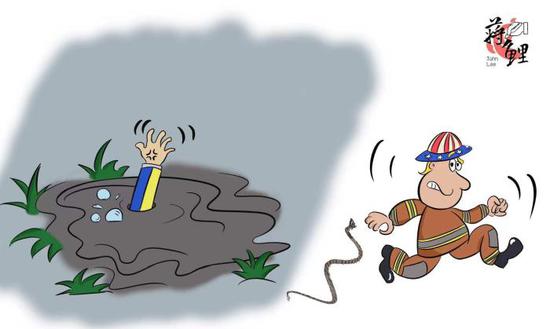




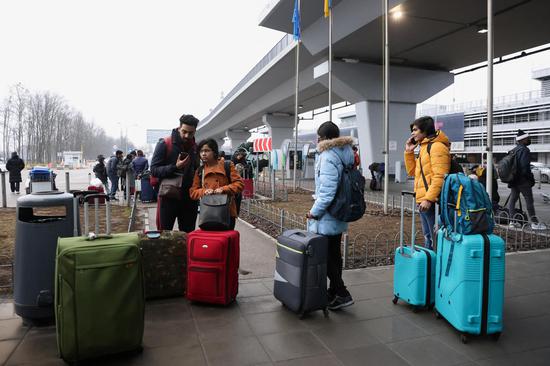


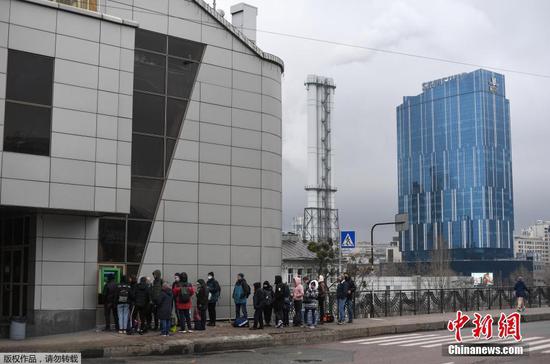
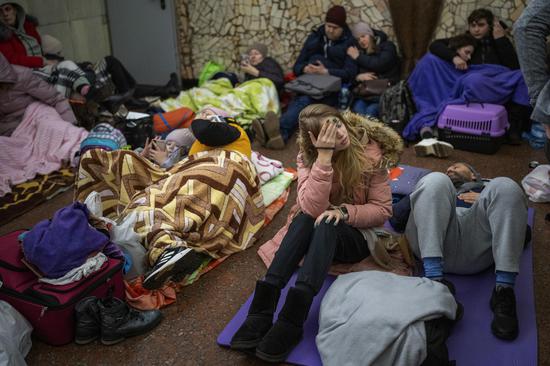


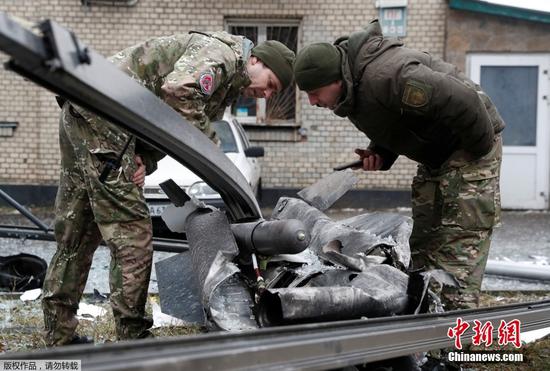
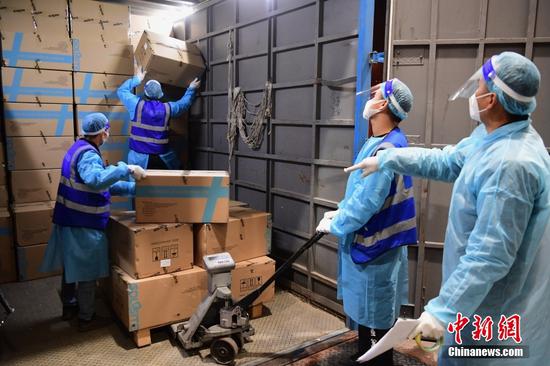




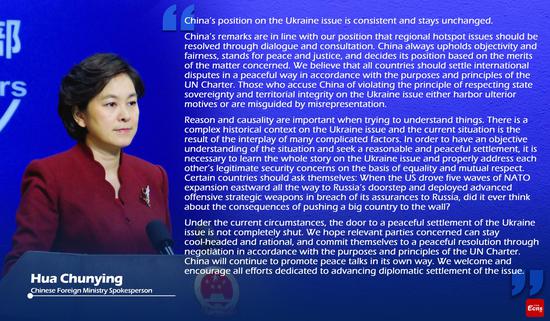
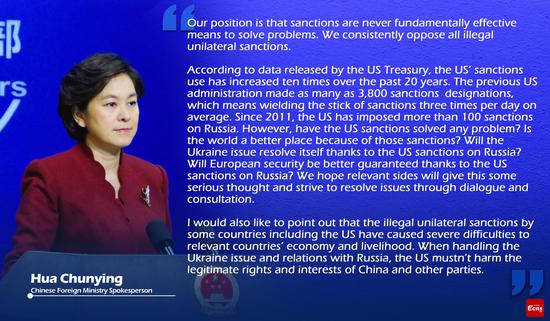






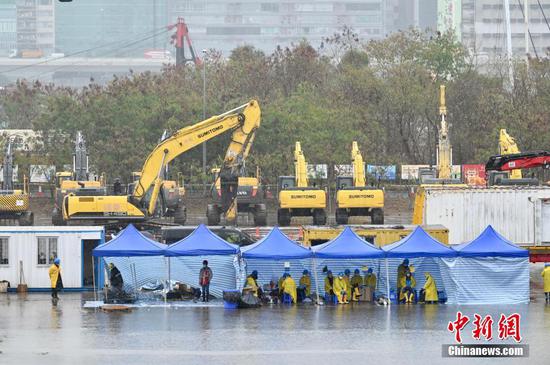



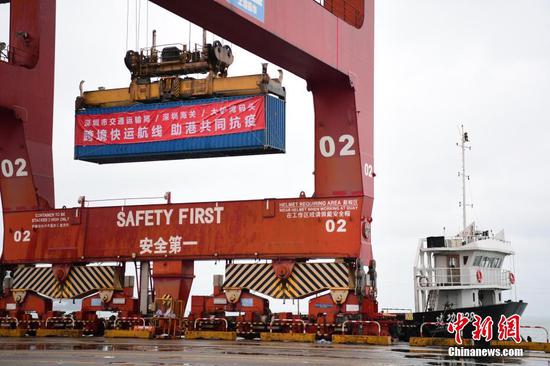





 京公网安备 11010202009201号
京公网安备 11010202009201号